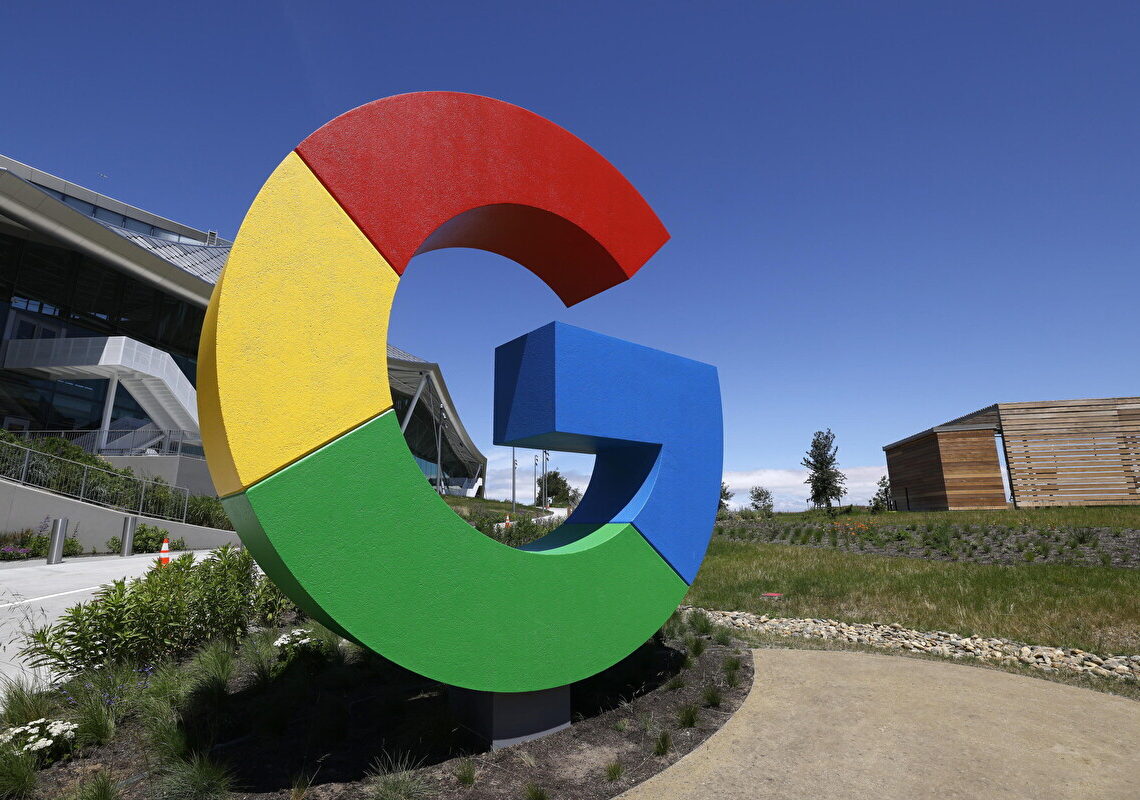Employees are using ChatGPT and Bard artificial intelligence programs at work—often without the knowledge of their employers.
Now the widespread use of such technology has become a concern for several reasons and Alphabet Inc (GOOGL.O) is cautioning employees about how they use chatbots, including its own Bard, at the same time as it markets the program around the world, four people familiar with the matter told Reuters.
Such technology can draft emails, documents, even software itself, promising to vastly speed up tasks. But included in this content, however, can be misinformation, sensitive data or even copyrighted passages from a “Harry Potter” novel. The program could even incidentally give away its own computer code.
The Google parent has advised employees not to enter its confidential materials into AI chatbots, the people said, and the company confirmed, citing long-standing policy on safeguarding information.
The chatbots, among them Bard and ChatGPT, are human-sounding programs that use so-called generative artificial intelligence to hold conversations with users and answer myriad prompts. Human reviewers may read the chats, and researchers found that similar AI could reproduce the data it absorbed during training, creating a leak risk.
Alphabet also alerted its engineers to avoid direct use of computer code that chatbots can generate, some of the people said. Asked for comment, the company said Bard can make undesired code suggestions, but it helps programmers nonetheless. Google also said it aimed to be transparent about the limitations of its technology.
The concerns show how Google wishes to avoid business harm from software it launched in competition with ChatGPT. At stake in Google’s race against ChatGPT’s backers OpenAI and Microsoft Corp (MSFT.O) are billions of dollars of investment and still untold advertising and cloud revenue from new AI programs.
Google’s caution also reflects what’s becoming a security standard for corporations, namely to warn personnel about using publicly-available chat programs.
A growing number of businesses around the world have set up guardrails on AI chatbots, among them Samsung (005930.KS), Amazon.com (AMZN.O) and Deutsche Bank (DBKGn.DE), the companies told Reuters. Apple (AAPL.O), which did not return requests for comment, reportedly has as well.
Some companies have developed software to address such concerns. For instance, Cloudflare (NET.N), which defends websites against cyberattacks and offers other cloud services, is marketing a capability for businesses to tag and restrict some data from flowing externally.
Google and Microsoft also are offering conversational tools to business customers that will come with a higher price tag but refrain from absorbing data into public AI models. The default setting in Bard and ChatGPT is to save users’ conversation history, which users can opt to delete.
It “makes sense” that companies would not want their staff to use public chatbots for work, said Yusuf Mehdi, Microsoft’s consumer chief marketing officer.
“Companies are taking a duly conservative standpoint,” said Mehdi, explaining how Microsoft’s free Bing chatbot compares with its enterprise software. “There, our policies are much more strict.”
Microsoft declined to comment on whether it has a blanket ban on staff entering confidential information into public AI programs, including its own, though a different executive there told Reuters he personally restricted his use.
Matthew Prince, CEO of Cloudflare, said that typing confidential matters into chatbots was like “turning a bunch of PhD students loose in all of your private records.”












